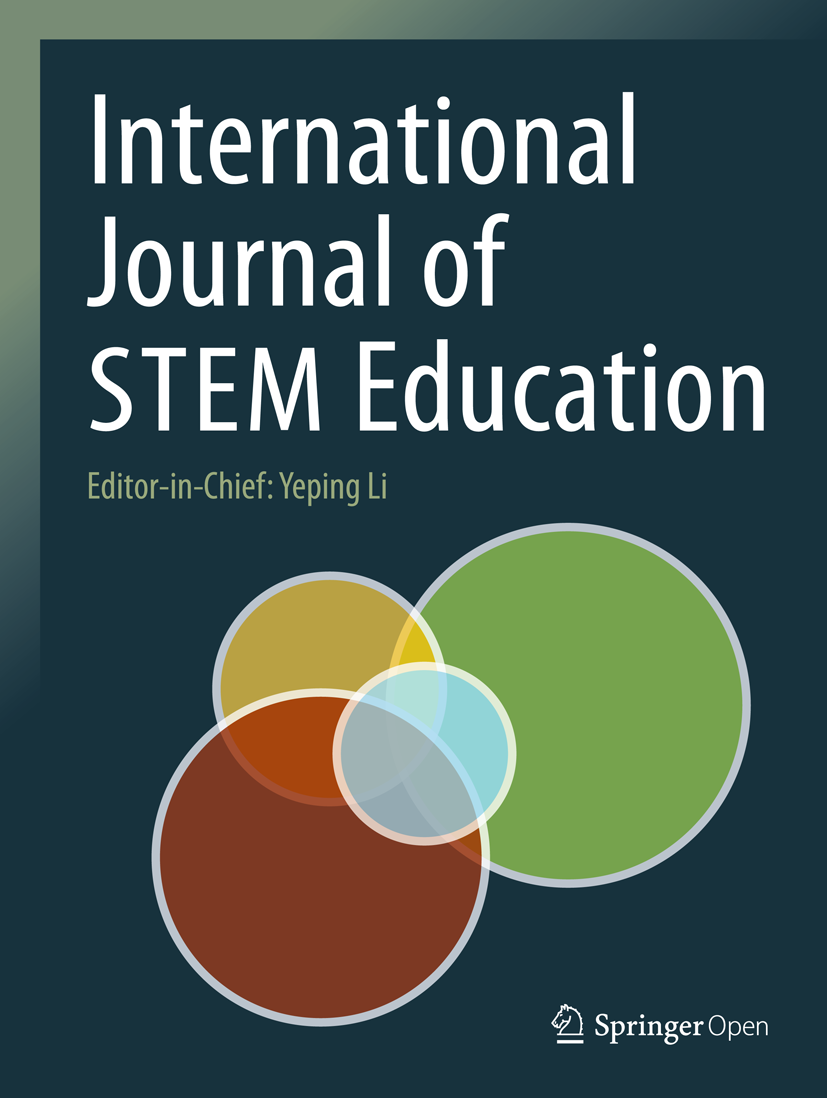The implementation of peer assessment as a scaffold during computer-supported collaborative inquiry learning in secondary STEM education
IF 8
1区 教育学
Q1 EDUCATION & EDUCATIONAL RESEARCH
引用次数: 0
Abstract
Computer-supported collaborative inquiry learning (CSCiL) has been proposed as a successful learning method to foster scientific literacy. This research aims to bridge the knowledge gap surrounding the role of peers as scaffolding sources in CSCiL environments. The primary objective is to explicitly implement peer assessment as a scaffolding tool to enhance students' inquiry output in terms of research question, data, and conclusion. Additionally, students’ perceptions of peer assessment within CSCiL are explored. The study involved 9th and 10th-grade students from 12 schools (N = 382), exploring the effects of peer assessment with and without peer dialogue. The results highlight that while adjustments were more frequently made to the research question and data, adjustments to the conclusion showed significantly greater improvement. Furthermore, students’ perceptions of peer assessment during CSCiL were examined, revealing that students generally perceive peer assessment as fair and useful, and they accept it while being willing to make improvements based on the feedback. While students did not report experiencing negative feelings, they also did not report positive emotions from the process. Additionally, the study found that including a peer dialogue in the peer assessment process did not significantly impact the abovementioned findings. This study enriches our understanding of peer assessment as a scaffolding tool in CSCiL, highlighting its potential to improve inquiry outputs and providing valuable insights for instructional design and implementation.在中学科学、技术、工程和数学教育的计算机辅助协作探究学习过程中实施作为支架的同伴评价
计算机支持的协作探究学习(CSCiL)被认为是培养科学素养的成功学习方法。本研究旨在弥补在 CSCiL 环境中同伴作为支架源的作用方面的知识差距。主要目的是明确实施同伴评价作为一种支架工具,以提高学生在研究问题、数据和结论方面的探究成果。此外,还探讨了学生对 CSCiL 中同伴评价的看法。这项研究涉及 12 所学校的九年级和十年级学生(N = 382),探讨了有同伴对话和没有同伴对话的同伴评价的效果。研究结果表明,虽然对研究问题和数据的调整更为频繁,但对结论的调整却显示出更大的改进。此外,研究还考察了学生对 CSCiL 期间同伴评价的看法,结果显示,学生普遍认为同伴评价是公平和有用的,他们接受评价,同时愿意根据反馈做出改进。虽然学生们没有报告经历了负面情绪,但也没有报告从这一过程中获得了积极情绪。此外,研究还发现,在同伴互评过程中加入同伴对话并不会对上述结果产生重大影响。这项研究丰富了我们对互评作为 CSCiL 支架工具的理解,突出了其改善探究产出的潜力,并为教学设计和实施提供了宝贵的见解。
本文章由计算机程序翻译,如有差异,请以英文原文为准。
求助全文
约1分钟内获得全文
求助全文
来源期刊

International Journal of Stem Education
Social Sciences-Education
CiteScore
12.40
自引率
11.90%
发文量
68
审稿时长
13 weeks
期刊介绍:
The International Journal of STEM Education is a multidisciplinary journal in subject-content education that focuses on the study of teaching and learning in science, technology, engineering, and mathematics (STEM). It is being established as a brand new, forward looking journal in the field of education. As a peer-reviewed journal, it is positioned to promote research and educational development in the rapidly evolving field of STEM education around the world.
 求助内容:
求助内容: 应助结果提醒方式:
应助结果提醒方式:


